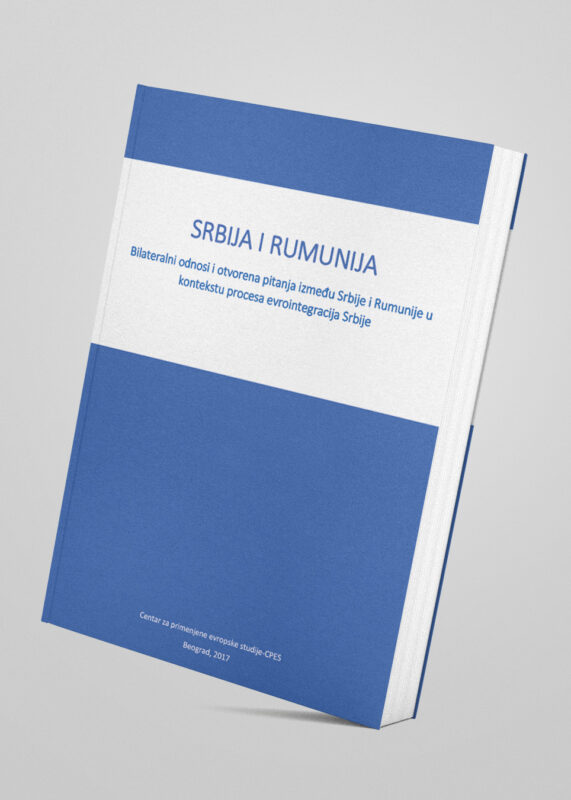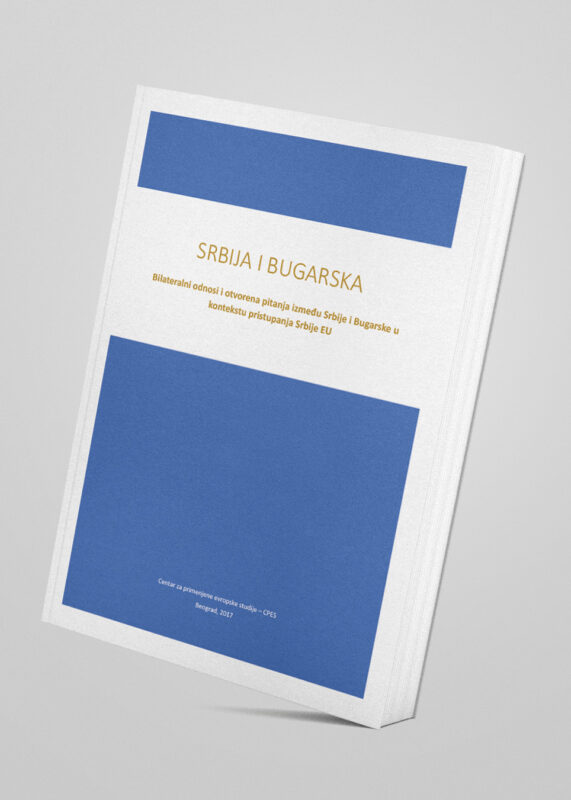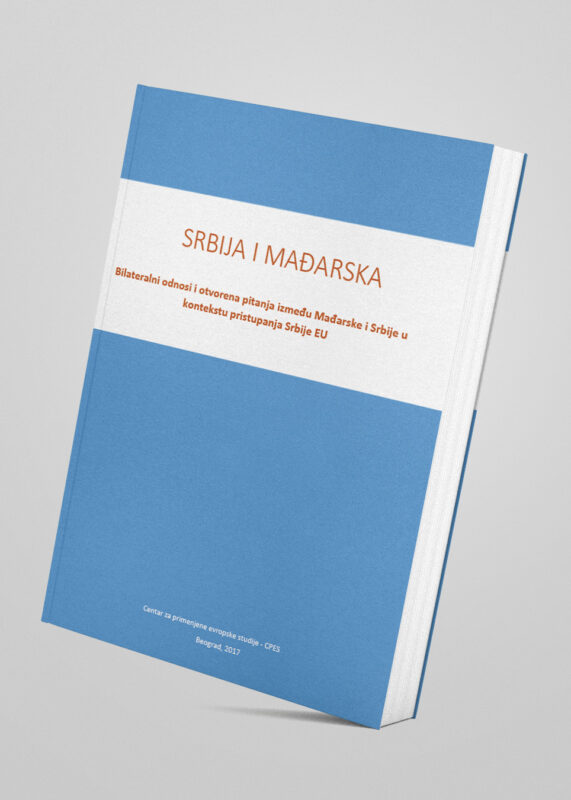Relations Between Serbia and Croatia
A roundtable on relations between Serbia and Croatia was held on March 29, 2019 in Belgrade. Given the importance of these relationships, the discussion also focused on their impact on the stability and the future of the entire region. The topic of the discussion was defined in the studies of CPES researchers written in 2017 and 2019. The first study shows the problems that the authorities of both Serbia and Croatia highlight as top priorities in establishing good mutual relations. For both sides, these problems are a consequence of the violent breakup of the common state: for Serbia, they involve the status of the Serb minority, the issue of refugee return and resolution of their status, the process of restitution of their property and the reconstruction of destroyed buildings, while for Croatia, in addition to regulating the position of the Croatian minority, the crucial problems include the issue of processing war crimes, missing persons, the return of cultural property and the regulation of the succession of the former state property. The cataloging of these and other outstanding issues of Serbo-Croatian relations has been supplemented in another study by monitoring the influence that domestic political developments have on the dynamics of the development of interstate relations.
Along with the aforementioned issues, the participants of the roundtable particularly emphasized the asymmetry in interstate relations, which is a consequence of the fact that Croatia is an EU member, while Serbia is a candidate country. Given that the procedure for the EU admission entails prior settlement of bilateral disputes, Serbia’s negotiating position is in many respects much weaker, as its accession is conditioned by the consent of Croatia. In addition, it was noted that, despite mutual contacts and established, well-developed cooperation, relations between Serbia and Croatia are still shadowed by the turbulent past and the grave war legacy embodied in numerous and unresolved issues. Some of the outstanding issues have ceased to be relevant over time, such as the Croatian genocide lawsuit and the Serbian counter-lawsuit (since the International Criminal Court has meanwhile rejected both lawsuits), but a number of other issues remain unresolved. It should be noted here that the political elites of both countries instrumentalize open issues to mobilize their voters in electoral purposes and thus additionally complicate their resolution. For example, in 2016, Aleksandar Vucic and Kolinda Grabar-Kitarovic signed a Declaration on Improving Relations and Resolving Open Issues between Serbia and Croatia, but less than two months after that mutual relations plummeted to the lowest level since the 1990s wars. This was caused mostly by different marking and remembrance of the Croatian Armed Forces’ action named “Oluja (Storm)” from early August 1995, when the majority of Serbs from the territories in which Croatia took over the control was forced to leave their homes and move to Serbia. With all this in mind, no matter how we describe today’s interstate relations between Serbia and Croatia, it would be impossible to say that they are on a stable upward trajectory.




